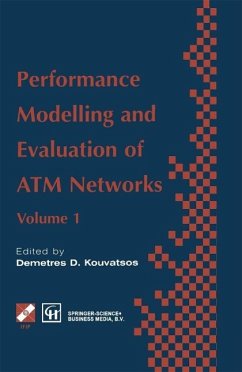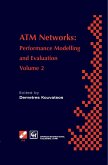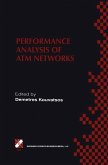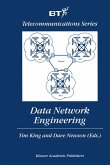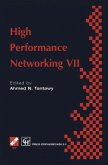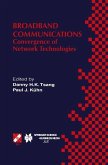Asynchronous Transfer Mode (ATM) networks are widely considered to be the new generation of high speed communication systems both for broadband public information highways and for local and wide area private networks. ATM is designed to integrate existing and future voice, audio, image and data services. Moreover, ATM aims to simplify the complexity of switching and buffer management, to optimise intermediate node processing and buffering and to limit transmission delays. However, to support such diverse services on one integrated communication network, it is most essential, through careful engineering, to achieve a fruitful balance amongst the conflicting requirements of different quality of service constraints ensuring that one service does not have adverse implications on another. Over recent years there has been a great deal of progress in research and development of ATM technology, but there are still many interesting and important problems to be resolved such as traffic characterisation and control, routing and optimisation, ATM switching techniques and the provision of quality of service. This book presents thirty-two research papers, both from industry and academia, reflecting latest original achievements in the theory and practice of performance modelling of ATM networks worldwide. These papers were selected, subject to peer review, from those submitted as extended and revised versions out of fifty-nine shorter papers presented at the Second IFIP Workshop on "Performance Modelling and Evaluation of ATM Networks" July 4-7, 1994, Bradford University. At least three referees from the scientific committee and externally were involved in the selection of each paper.
Dieser Download kann aus rechtlichen Gründen nur mit Rechnungsadresse in A, B, BG, CY, CZ, D, DK, EW, E, FIN, F, GR, HR, H, IRL, I, LT, L, LR, M, NL, PL, P, R, S, SLO, SK ausgeliefert werden.

